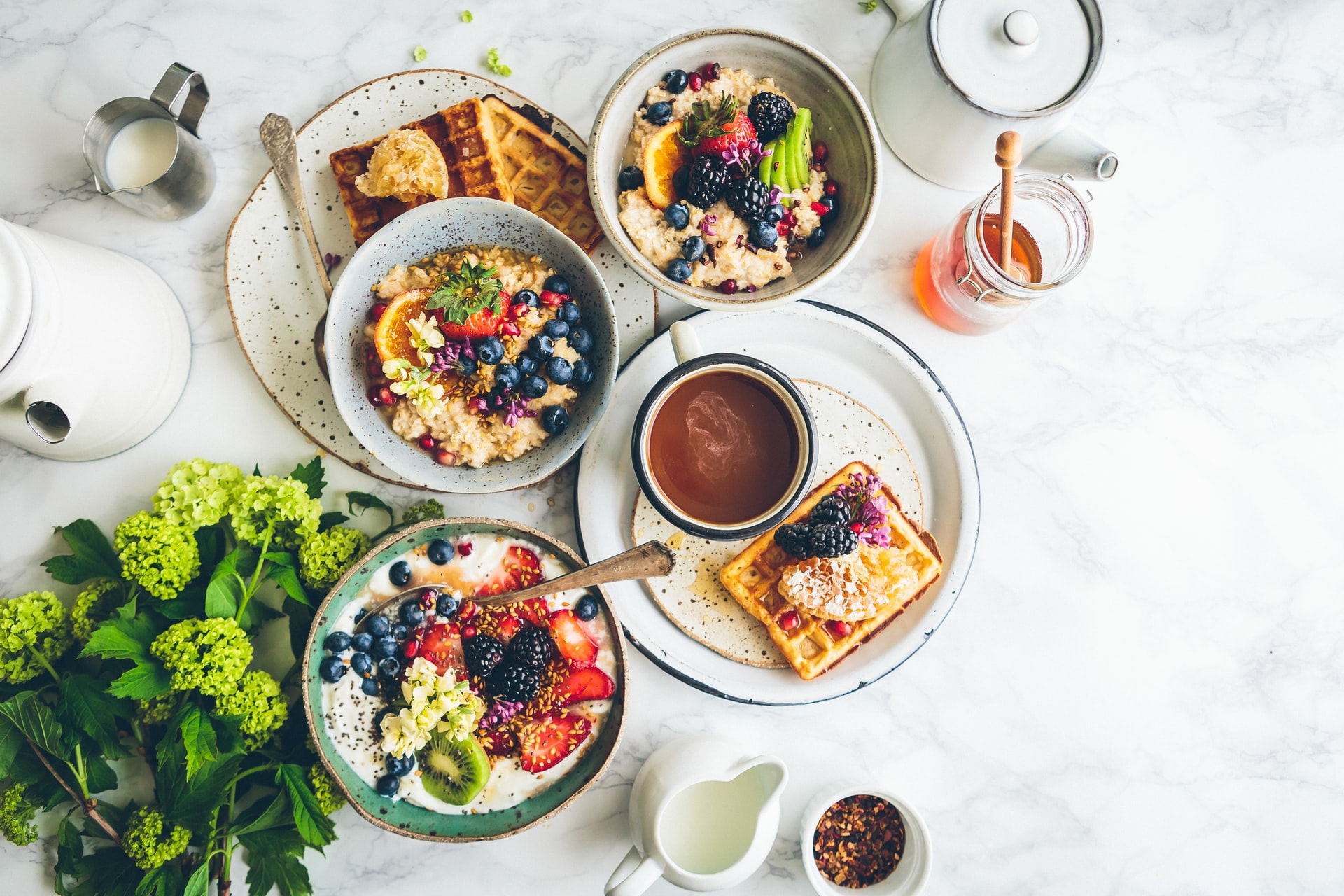While self-employment can offer many more freedoms, it does also bring with it a lot more complexity. This is due in the most part to the tax system, self-assessment and all the many rules and regulations from HMRC. One of the more confusing areas is expenses- what can and cannot be classed as a business cost and which of these expenses can be claimed against tax? When it comes to food a drink, the issue can be a bit of a minefield.
The rules regarding food and drink as a business expense are quite restrictive, and this is due to HMRC classing them as “sustenance.” This basically means that, as we all need food and drink to live, it will automatically be factored into daily life, whether we are working or not. Therefore, for it to be classed as an expense, it has to be directly related to work.
Travel
Travel expenses may seem clear cut at first, but there is much room for interpretation. If you are self-employed and your business relies on travel, then HMRC will allow expenses in this area. Examples of this would be travelling around the country in order to deliver talks, perform or meet the need of a client. Therefore, when travelling in this instance, any food or drink that is bought should be classed as a business expense and tax-deductible.
However, there are other types of travel which do not meet the requirements set by HMRC. For example, a long drive to the office or travelling between two different offices is considered personal mileage and therefore you won’t be able to claim for any food or drink bought during these journeys.
Staying Overnight
Another instance in which you can claim for the food and drink that you purchase is when staying overnight for work purposes. This can include conferences, travelling to clients in another part of the country or attending a training course. It’s worth noting that this applies to both planned trips and unexpected overnight stays, for example, a meeting overrunning.
Whilst this is permissible in these circumstances, it doesn’t apply to leisure trips, staying over in order to meet family or friends or holidays.
Clients
Many business owners will take their clients out for a meal or drinks, as a way to treat them, say thank you or celebrate a project. This may also be the case with potential clients as a way to win them over and achieve a contract. HMRC class this as “entertainment”, and although it can be put through the books as a business expense, it’s not tax-deductible. This is something to keep in mind next time you plan on taking your clients out for a meal.
Reasonable?
One of the stipulations for claiming food and drink expenses is that they must be reasonable. This is one of those subjective areas as everyone has a different definition of reasonable and HMRC don’t set out a specific definition. However, it basically means apply common sense to the situation. Don’t go out of your way and book an elaborate meal with an expensive bill and expect HMRC to accept this as a reasonable expense.
It’s also worth noting that alcohol can only be claimed against taxes if it’s ordered with a meal and even then, there is a limit on how much.
Advice
When it comes to food and drink expenses, there is a lot of room for interpretation, but it’s always better to air on the side of caution. If there are any areas in which you are confused, or you’d like advice on a specific expense, give us a call, and we’ll be happy to help.
















